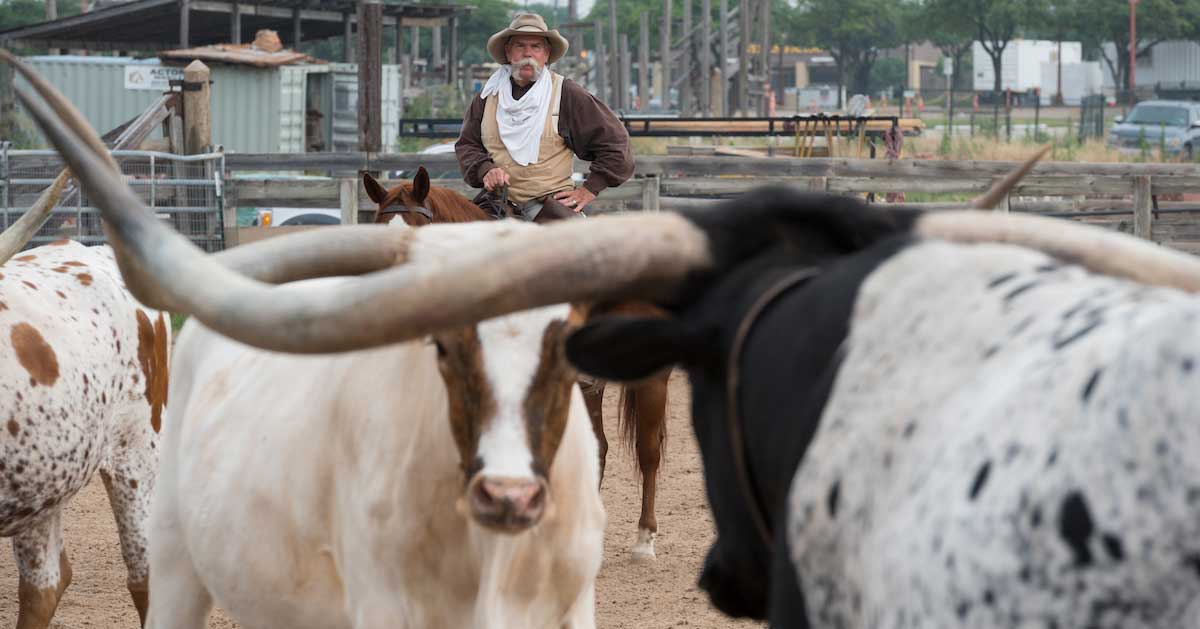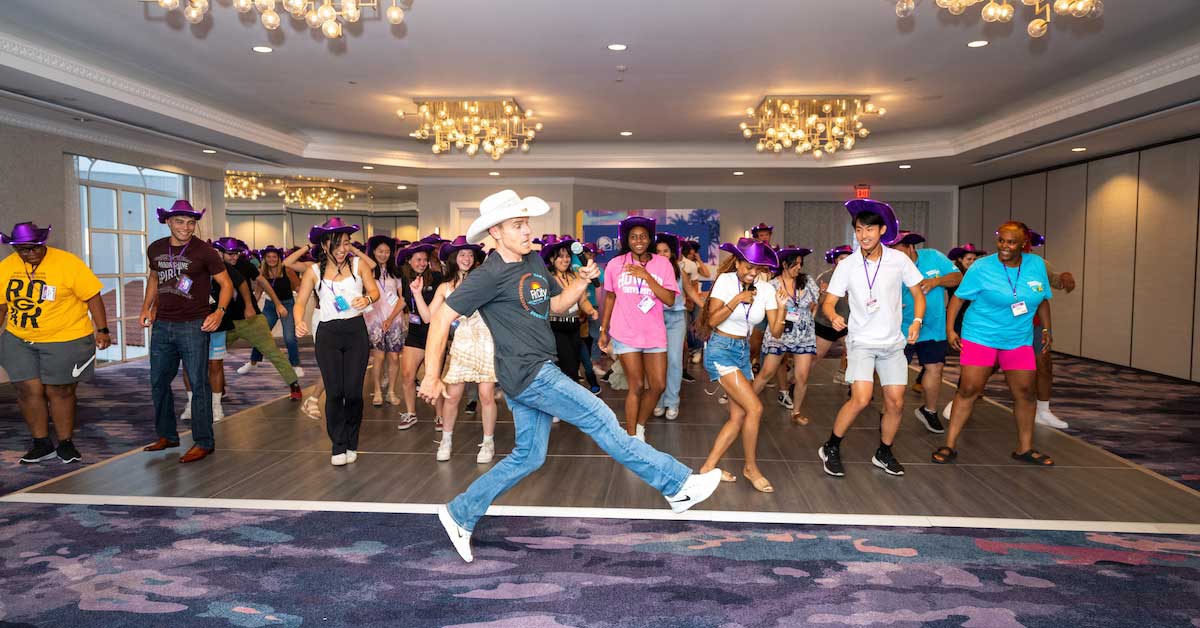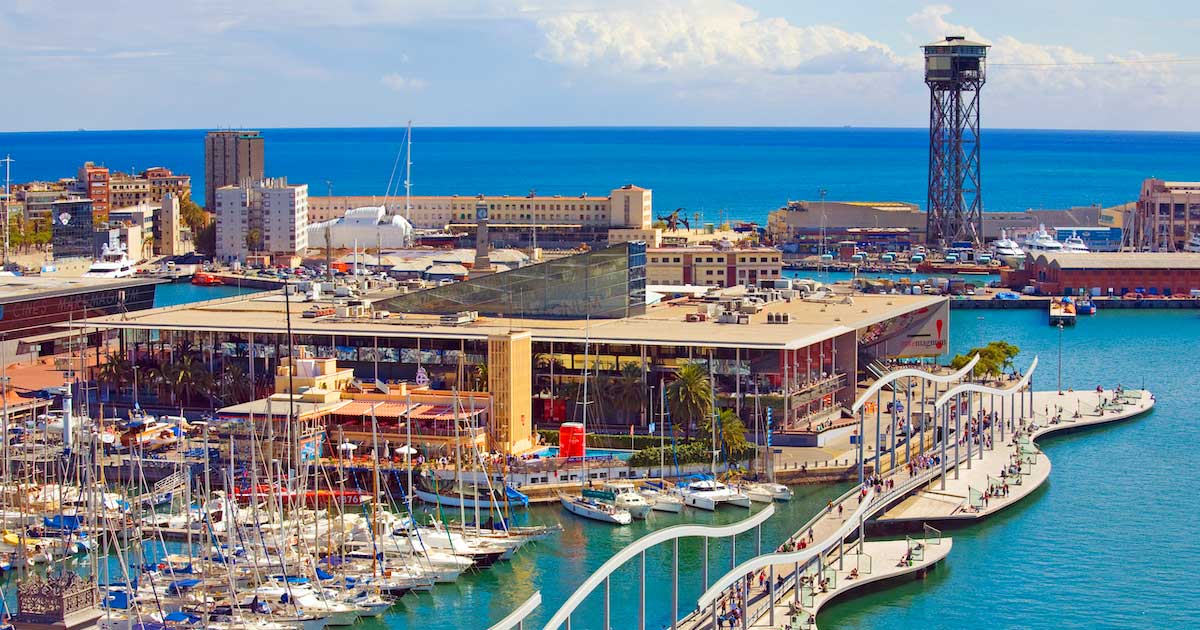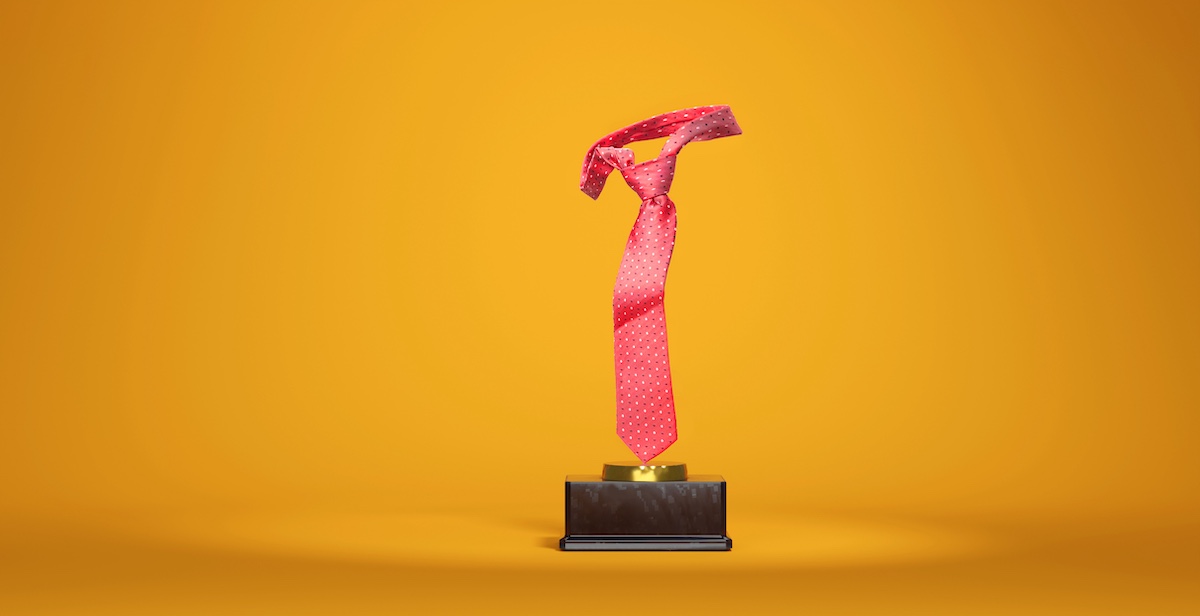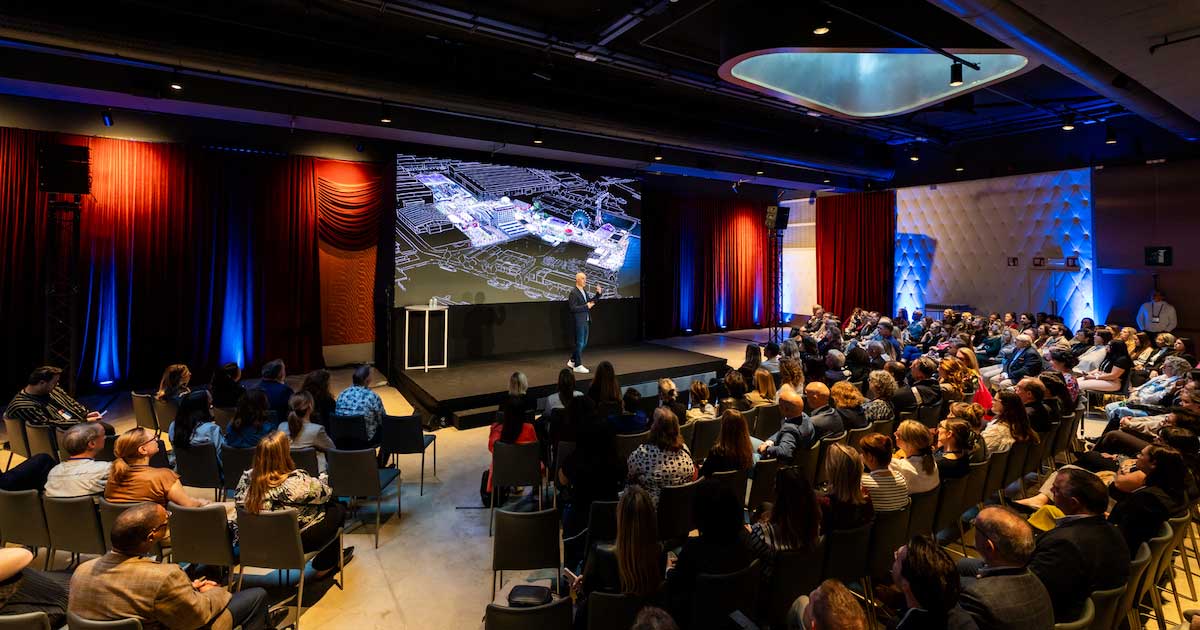The Fort Worth Herd is a twice-daily cattle drive that attracts nearly 1 million people each year to celebrate the Texas city’s Western heritage. But, of course, the cattle drives had to go on hiatus when the coronavirus arrived in the U.S.
“Obviously we discontinued that right when COVID hit because we couldn’t control those crowds and social distancing, and, of course, none of us knew what we were dealing with at first,” says Mitch Whitten, executive vice president of marketing for Visit Fort Worth. “As things started to reopen, like many organizations, we started asking ourselves, ‘OK, can we be creative to create something to slowly help stir economic growth for those businesses that were reopening?’ Because at the end of the day, the cattle drive does celebrate our Western heritage. It also brings visitors who spend money.”
“The earliest activity we see is from locals from surrounding cities.”
The solution? “The Herd Experience,” an engaging, 15-minute overview of the history of cattle drives featuring nine steers and a team of drovers. Up to 20 people can participate in the Herd Experience from an observation deck—following social distancing guidelines—at the top of each hour from 11 a.m. to 4 p.m. Friday through Sunday, and a kickoff event in May featured Fort Worth Mayor Betsy Price and other city leaders.
“A silver lining was that we had not done this type of presentation before,” Whitten says. “Even in the face of tragedy, crisis spurs opportunity. And we’ve actually come up with a program that we will hold onto even when we resume the cattle drive.”
This is just one of many examples of CVBs and tourism boards taking an active role in the economic recovery of their destinations as much of the world learns to navigate the world under COVID-19.
Fort Worth: Local Focus
Whitten was appointed to the mayor’s Committee on Reopening the Economy alongside medical officials, restaurant and hotel representatives and others, and says much of the city’s reopening direction has come from the office of Texas Governor Greg Abbott with a lot of interpretation at the local level.
The city is focused on road trips first.
“The earliest activity we see is from locals from surrounding cities—people who want to get out and roam after being cooped up for several months,” Whitten says. “As we think about ramping up, our marketing efforts this summer will focus on drive markets where we see a good web search volume, where we see some organic web search and where we have seen traditional strength in hotel stays—so absolutely travel from within Texas and Oklahoma.”
He says it’s imperative that the community work together to build confidence in residents and visitors.
Coronavirus Resources: Steps for Reopening, Creating Safe Environments and More
“As staying home and social distancing have been effective, we knew when we reopened that we wanted to have a strong communications program to show how we were doing it right,” Whitten says. “So Visit Fort Worth took the initiative coming out of the Committee on Reopening the Economy to pioneer a PR program: ‘Fort Worth Reopen Responsibly.’ Within a week of launching, 200 businesses including the Omni Hotel, the Stockyards and a lot of our top restaurants had signed on to this campaign to say that they’re following the fundamental guidelines [to operate] safely.”
He says the city’s two primary public event facilities are preparing to reopen, with the Will Rogers Memorial Center hosting equestrian events in a few weeks and the Fort Worth Convention Center seeing meeting activity in early August.
“The most important thing is that we’re prepared for the activity that comes our way. And I think the marketplace will decide a lot of that,” Whitten says. “Even as hotels furloughed sales staff, the Visit Fort Worth sales staff became support for those hotels, making sure we were still out there doing virtual site visits, staying in touch with customers. [But] what can the association or organization afford to do now that the governor has signaled that meetings can take place? Do they want to continue having their event? And for those that do, we know that we’ll be ready.”
New York: Partnerships Drive Recovery
“The Coalition for NYC Hospitality & Tourism Recovery, an initiative of NYC & Company, includes leaders from across all sectors of the city’s hospitality, tourism and culture industries who, with guidance from medical and public health experts, will help guide critical recovery efforts and revitalize the brand of New York City,” says Jerry Cito (MPI Greater New York Chapter), executive vice president, convention development for NYC & Company.
NYC & Company has created several programs to aid businesses impacted by the pandemic and to enable locals and the world to support and stay virtually connected with the city’s hotels and event spaces; arts, culture and attractions; restaurants; and retailers.
“Among other efforts, we have worked closely with New York City’s hotel community to help arrange housing for healthcare workers and first responders and assisted in sourcing personal protective equipment (PPE) through our industry relationships, while providing NYC & Company members and the wider business community with regular communications as the crisis has evolved, with our messages now shifting more towards tourism recovery,” Cito says.
Collaboration is now even more important, he says, noting that in addition to local, national and global partnerships, NYC & Company is playing a role in the Events Industry Council’s recently formed APEX COVID-19 Business Recovery Task Force.
Hong Kong: Readiness is Key
Kenneth Wong, general manager, MICE and cruise for the Hong Kong Tourism Board (HKTB), says the organization is working with key local partners to provide timely information for visitors to ensure they are aware of all the necessary policies and procedures before visiting.
He says the HKTB is focused on driving local business in the near term while taking a gradual approach to introducing live events.
“Retail and dining outlets currently operate business as usual, under certain distancing rules and regulations, and so, for B2C tourism, we plan to kick off a series of ‘tourism at home’ campaigns to drive domestic consumption,” Wong says. “For MICE events, we are focusing on planning ahead and taking a gradual approach on where to launch the recovery programs based on market readiness and travel restrictions that may be in place.”
He says Hong Kong ensuring a safe and clean environment has been a critical area of focus.
“We need to remain extremely flexible because changes to these important conditions will impact our policies and programs.”
“From the Hong Kong International Airport and convention venues to hotels and transport operators, we have seen advanced technology introduced plus new hygiene standards when it comes to preventive measures,” Wong says. “Convention and exhibition venue providers have put in place additional disinfecting equipment and have heightened screening arrangements such as temperature measurement. At the same time venues have strengthened their digital infrastructure and communication networks for better internet connectivity for organizing online meetings.”
He says there are many global factors that must be closely monitored as activity in Hong Kong increases.
“For example, we need to consider the trend of confirmed cases, lockdown measures, border control, quarantine requirements, social distancing rules and air capacity,” Wong says. “Most importantly, we need to remain extremely flexible because changes to these important conditions will impact our policies and programs.”
